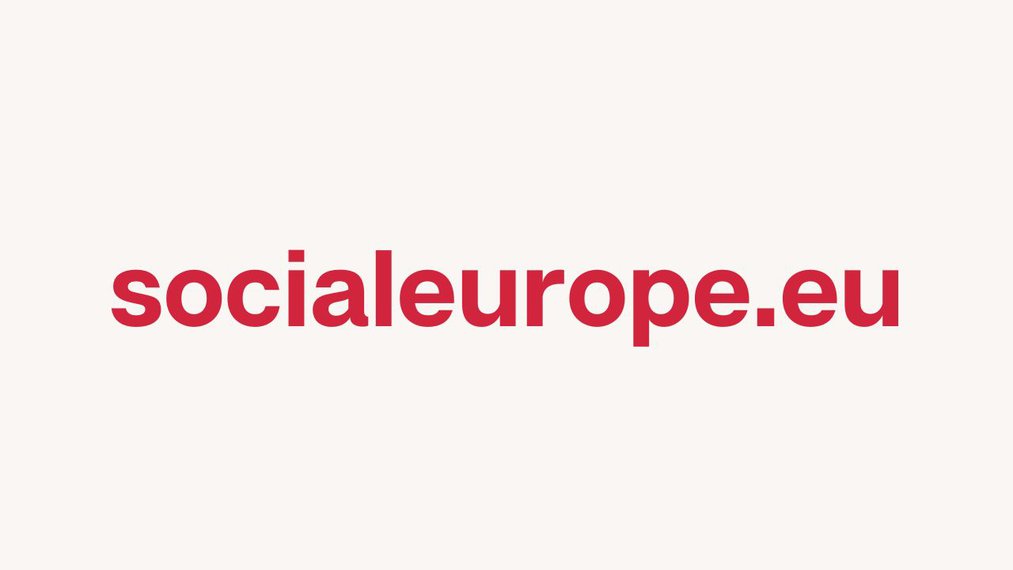
“New” Perspectives For Europe
I am invited to talk about New Perspectives on Europe, but new ones fail me, and the Trumpian decay afflicting even the core of Europe ... Read more

I am invited to talk about New Perspectives on Europe, but new ones fail me, and the Trumpian decay afflicting even the core of Europe ... Read more

When I graduated from high school, my career aspiration was listed on my diploma: Habermas wants to become a journalist, it said. Yet once I

Henrik Enderlein has granted me the privilege of making a couple of introductory remarks on the topic of the conversation between our illustrious guest Emmanuel

After 1989, all the talk was of the “end of history” in democracy and the market economy and today we are experiencing the emergence of

Mr Habermas, did you ever think Brexit would be possible? What did you feel when you heard of the Leave campaign’s victory? It never entered

President Hollande spoke of the need for constitutional changes to amend the processes of the state of emergency (which go back as far as the

The latest judgment of the European Court of Justice (ECJ) casts a harsh light on the flawed construction of a currency union without a political